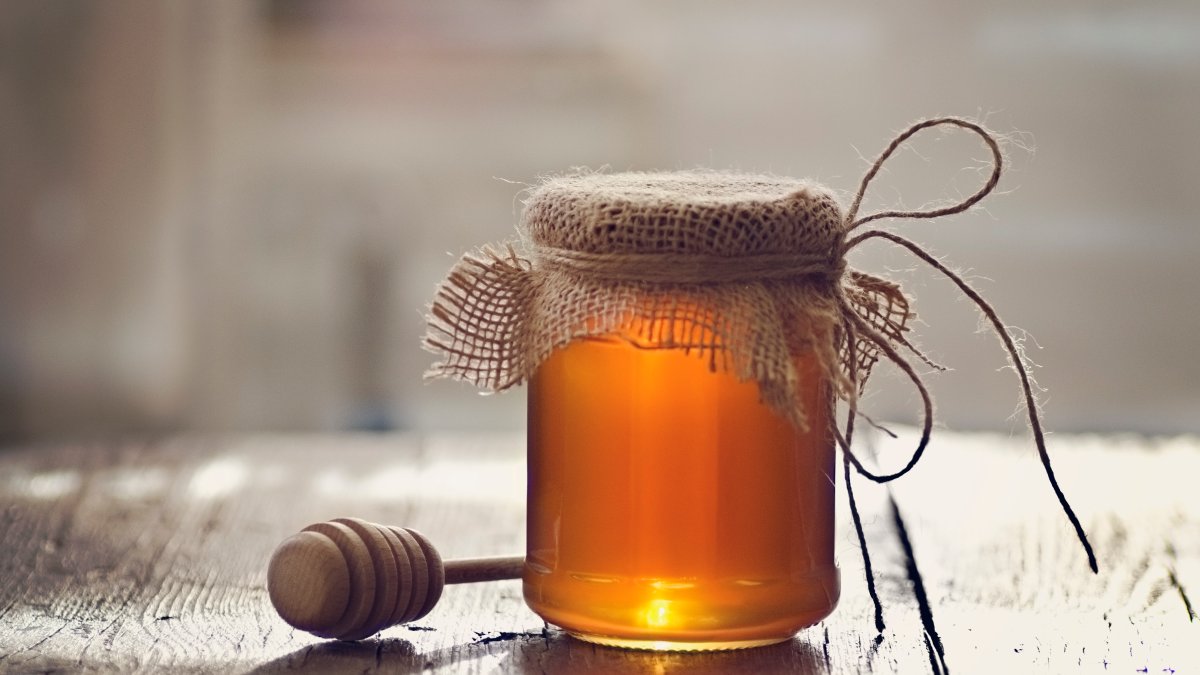NEW YORK – The vernal equinox began March 20, kicking off a season in which parks fill with color as different types of plants bloom, such as cherry blossoms and people benefiting from more pleasant temperatures.
Spring brings longer days, changes in homes, shivers of joy, birdsong and, for many, not-so-fun allergies.
What many don’t know is that there is a natural way that could help with these pollen allergies. And that comes from the wonderful bees. Specifically honey.
This viscose substance, amarillenta y muy dulce, que producen las abejas transformando en su estómago el nectar de las flores, y devolviéndolo por la boca para llenar con él los panales y que sirva de alimento a las crias, puede traer varios beneficios de salud para the people.
Moreover, it cannot be any type of honey. To feel the benefits, the honey must be local.
Here we tell you about some of the benefits of local honey, including helping with spring allergies. IMPORTANT NOTE: Always talk to your doctor before using honey for medical purposes. and health. Every organism is different.
Help with seasonal allergies
According to Andrea Beaman, health educator, chef, author and herbalist, local honey is a food that could help reduce seasonal allergies, such as in the spring.
Beaman explains that bees travel from plants to flowers and collect tiny plant pollens on their bodies as they collect their nectar. The insect then returns this pollen to the hive where small amounts are mixed with the nectar used to make honey. But, how does this process relate to allergy reduction?
The answer, Beaman describes, comes from the fact that eating local honey can be almost the same as getting an allergy shot, because those shots contain small amounts of what you’re allergic to, in this case pollen.
In the case of local honey, by using this product from your environment you are consuming this local allergy-generating pollen and by consuming it you obtain trace elements from your home to stimulate the immune system and inoculate the organism.
Helps with coughs and sore throats
Honey has anti-inflammatory properties and is a natural antibiotic. For this reason, the consumption of honey can help fight infections in this part of the body and not leave side effects because it is a natural treatment. It can be used in a tea or on its own.
“Honey was superior to usual care in improving symptoms of upper respiratory tract infections,” they wrote in the journal. BMJ Evidence-Based Medicine according to CNN.
Honey is a good source of antioxidants
Local honey, as they say Health Linecontains a variety of plant chemicals that act as antioxidants that help protect the body against cell damage caused by free radicals.
Could help heal wounds
According to studies, different media describe local honey as a useful tool for healing certain types of wounds due to its antimicrobial properties.
Where can I find local honey?
The best place to find local honey, while supporting the industry, is to visit local farmers’ markets that are open especially in the spring and summer in various locations around the tri-state area. Don’t forget to visit your city or county’s website to find more markets. Here’s how to find one in the tri-state area:
NEW YORK: Over the past decade, the number of Farmers Markets in New York State has grown at a rapid rate and new markets are constantly being created. Today, New York has more than 400 farmers’ markets, 250 farm stands and 10 mobile markets. Visit this website.
To see a map of New York’s markets, go here.
NEW SWEATER: You can visit this website. You can also go here.
CONNECTICUT: Connecticut has nearly 100 farmers’ markets and can be found in virtually every city, seven days a week. The markets’ popularity reflects the benefits: fresh local produce, friendly farmers who are the face behind the food you buy, and a community gathering place for all to enjoy. For information go here. You can also go here.

